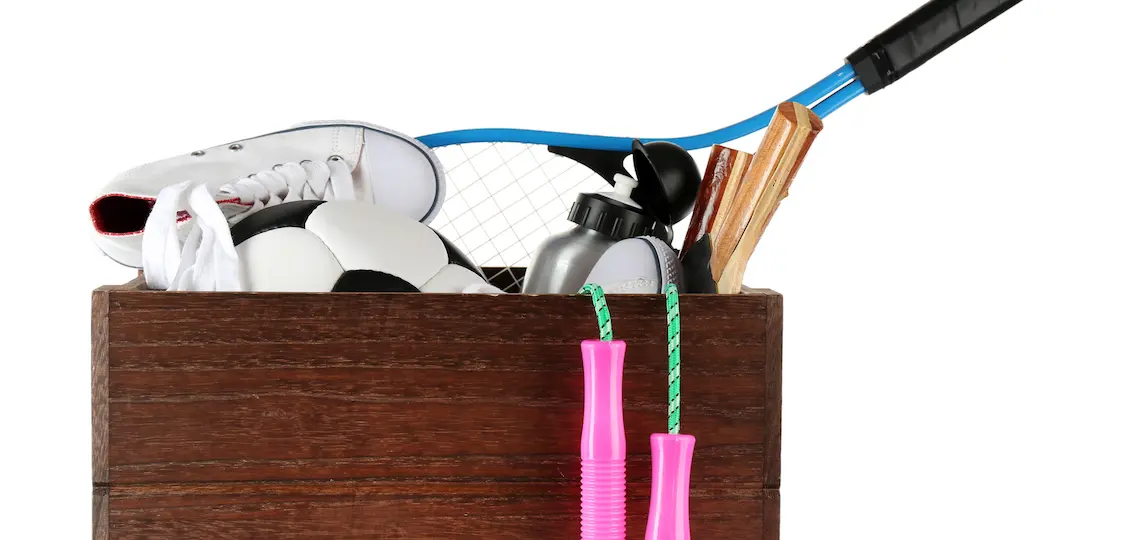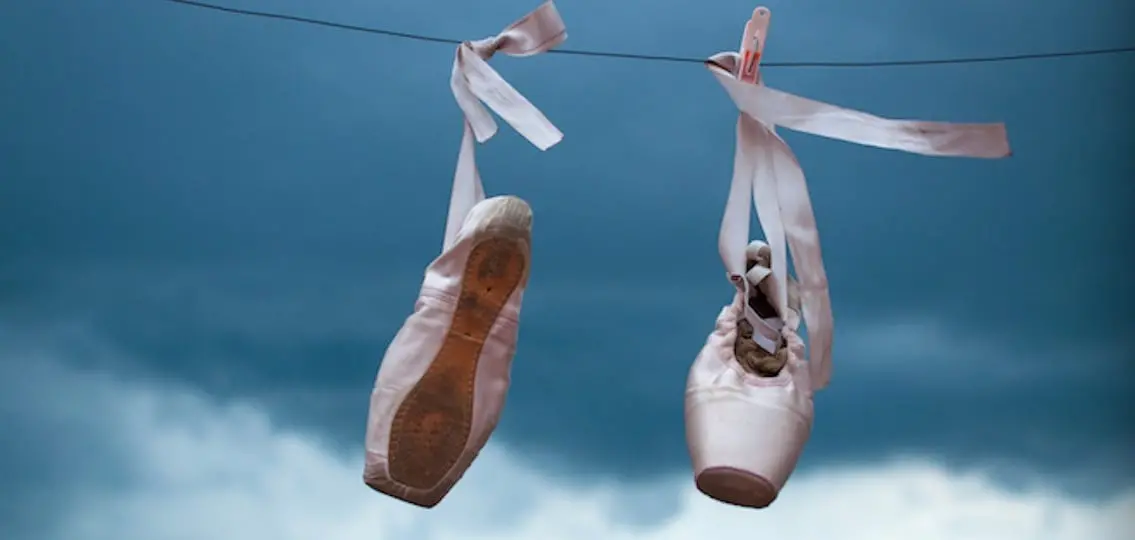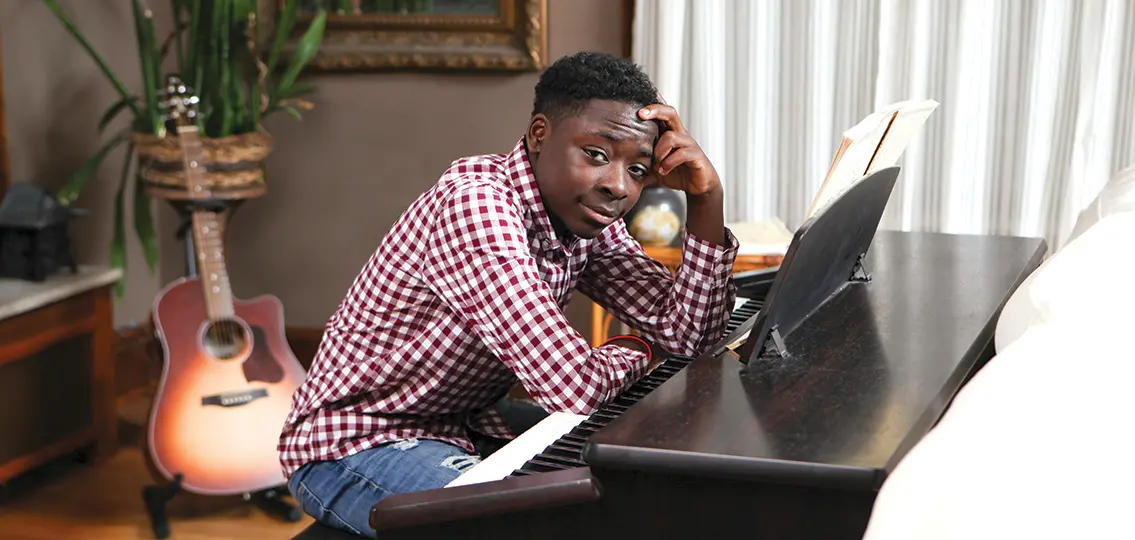It’s 9:55 on a Saturday morning, and my preteen son finally rolls out of bed, throws on some clothes, and reluctantly combs his hair. He’s running late for his piano lesson, and he’s not thrilled about going, but he gets in the car without too much grumbling. I try not to grumble either, because he’s sticking to our arrangement: I don’t pressure him to practice, and he doesn’t quit.

Some of his friends have quit music lessons, and I understand the temptation. My 9-year-old daughter also takes piano lessons, and for now, it’s non-negotiable. But the tween and teen years are often when free time with peers or other activities such as sports or part-time jobs take precedence over parent-directed music lessons. In the battle for their free time, often something has to give.
For some parents, quitting music lessons is a relief—one less thing to squabble over with our teens. But for other parents, this is a sad moment, especially in light of the touted benefits of music education. In fact, research shows that a high majority of surveyed adults later regret not learning to play an instrument.
What should parents do? Push their teens into sticking with their chosen instrument? Or let them quit altogether?
How to Convince Teens to Stick With Music Lessons
Most parents, child-rearing experts, and music educators are in the don’t-quit camp, or at least in the don’t-quit-too-early camp. In her book How To Be a Happier Parent, writer K.J. Dell’Antonia says that music is one area where parents might want to push a little longer. Experts say playing music “doesn’t really become fun until you reach a certain level, and it’s unfair to a child not to let them get there,” says Dell’Antonia.
Motivate them until they motivate themselves
Katy O’Grady of Fairfax, Virginia, came to this conclusion when her son, Will, wanted to quit trumpet lessons in fifth grade. As someone who had played in school band and still sings in adult chorales, O’Grady knew the joy that comes from sticking with music. So she turned to old-fashioned bribery. In exchange for practicing, she gave Will some Yu-Gi-Oh! trading cards, which were then all the rage.
By middle school, she says, Will no longer needed to be bribed. He embraced his instrument, playing in school all the way through marching band at Virginia Tech. “I told him that music is something you’ll always have,” O’Grady says. “There are lots of ways to participate as an adult. Now that he’s out of college, he’s not playing anymore, which makes me a little sad. But I think he’ll come back to it.”
Be flexible
As kids become teens, having choices and flexibility is important, says Rebecca Carey, who teaches both Suzuki and traditional flute for Levine Music, a music education center in Washington, D.C. If they’ve hit the wall with one instrument or style of music, then maybe their interest could be rekindled if they switched instruments, teachers, or genres, Carey says. She adds that it’s helpful for parents and teens to make an agreement about the length of time the student will continue with lessons, whether it’s another month, semester, or year, to avoid snap judgments when the teen might just be feeling down.
“Listening to your child and respecting what they are telling you are so important,” Carey says. “Teenagers like it when they feel they’re in control of a certain part of their lives.”
Be honest
Being honest about your own music regrets or struggles can help build bridges with teens, too, says Alyson Schafer, a family counselor and author of Honey, I Wrecked the Kids. “If you push or force a teen, you are likely to get more resistance and create strain in the parent-child relationship,” says Schafer. Instead, focus on encouragement. “Share your own story of regret or talk about other times the teen felt they couldn’t do something but discovered that, with patience and practice, they actually could.” Schafer also suggests that a temporary break from lessons—say, a six-month hiatus—might take the pressure off and make a teen more likely to return to music down the road.
If you try these things and your teen still wants to quit, then it’s probably time. Parents can take heart in knowing that the musical grounding they’ve given their child might play out in some positive way later in life. As one parent I talked to said, “We opted not to push our child to continue with lessons because we wanted pursuing music to be about joy and expression.”

That’s what I want my kids to feel about music too, and for now, that means they will continue to play. But if they ever decide to quit, I hope I’ll be understanding, knowing they stuck with it as long as they could.




